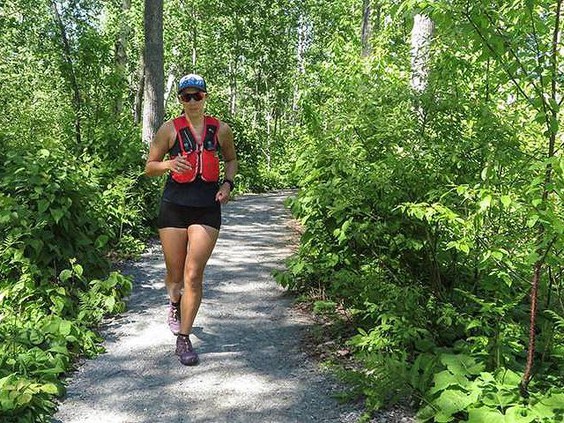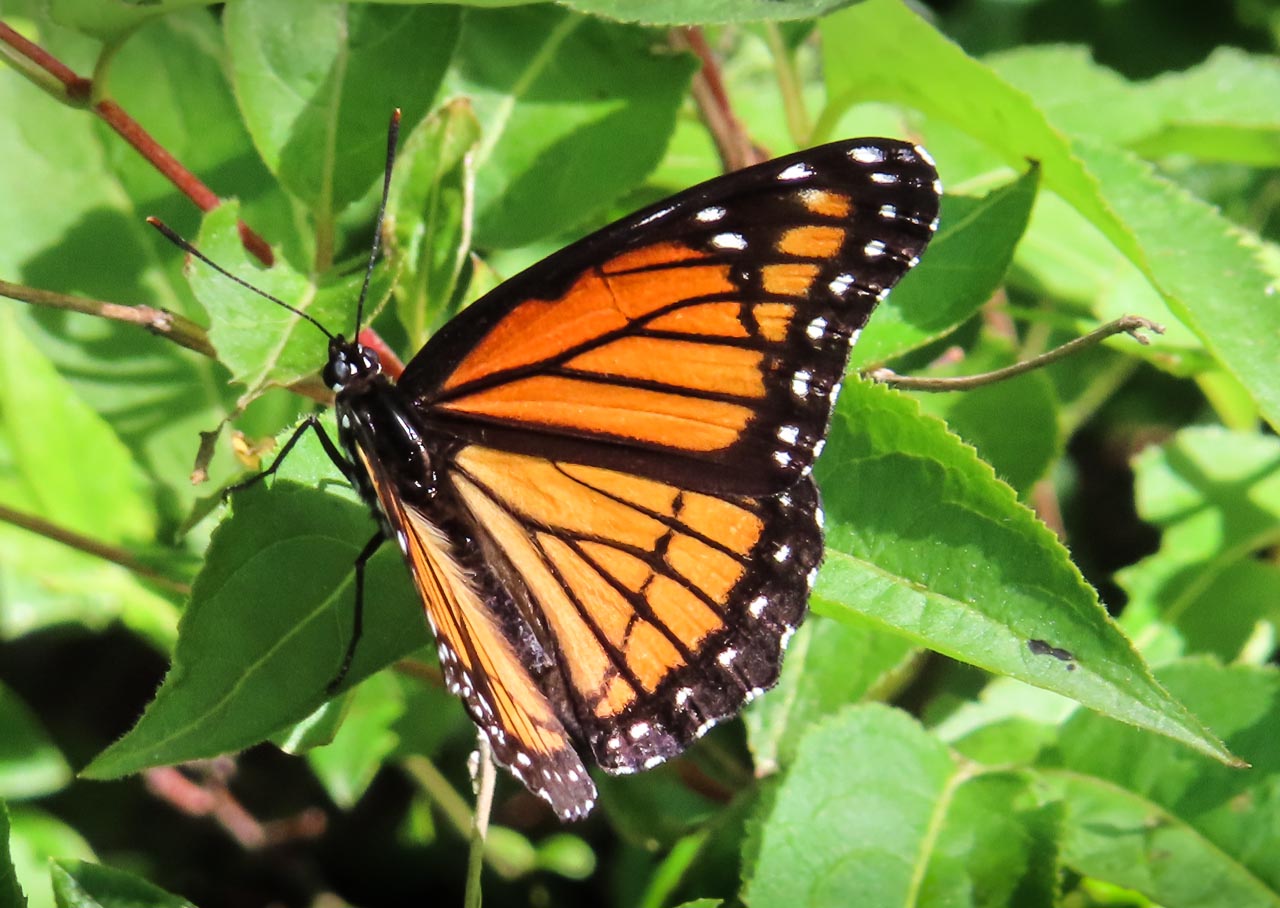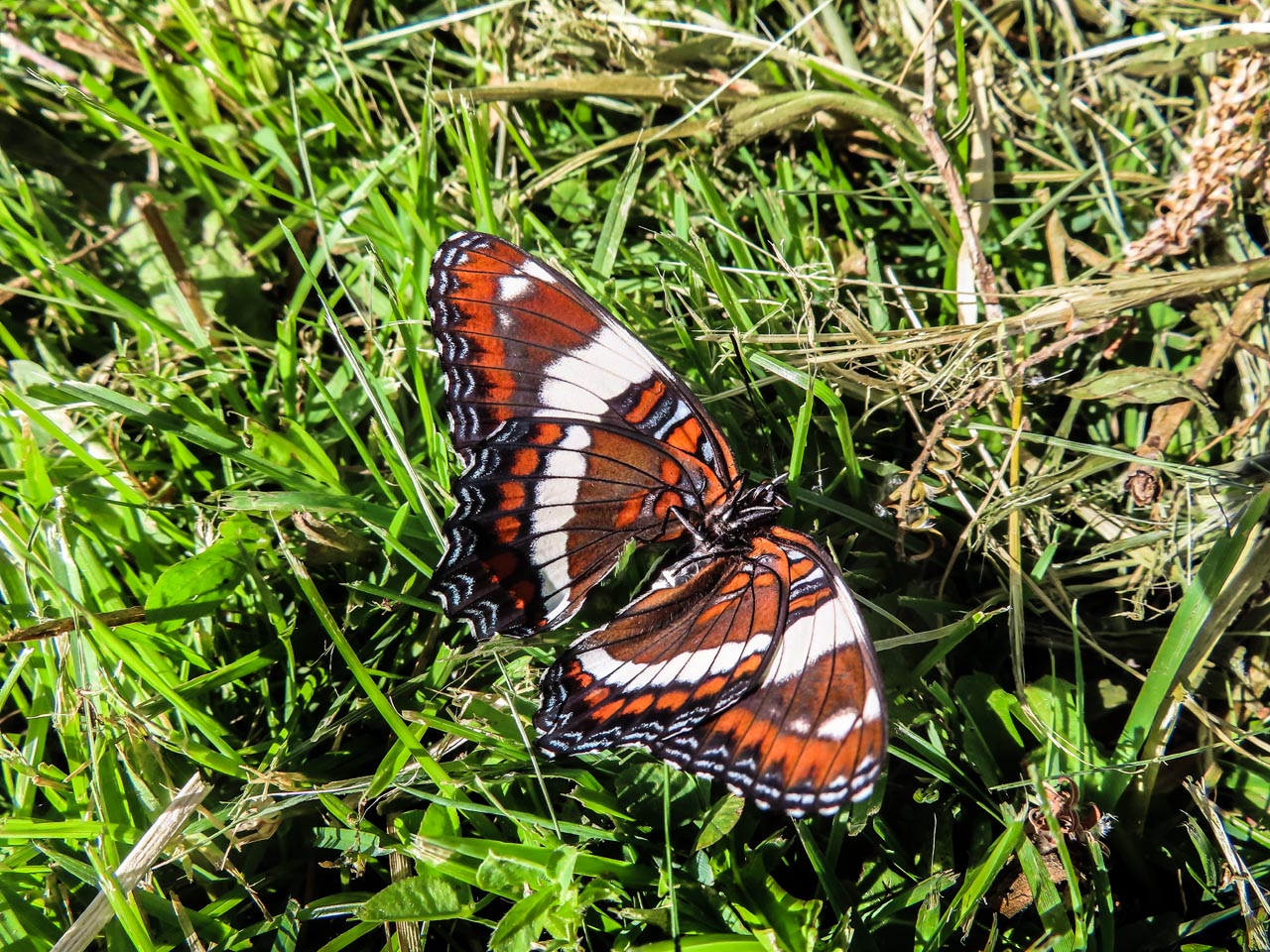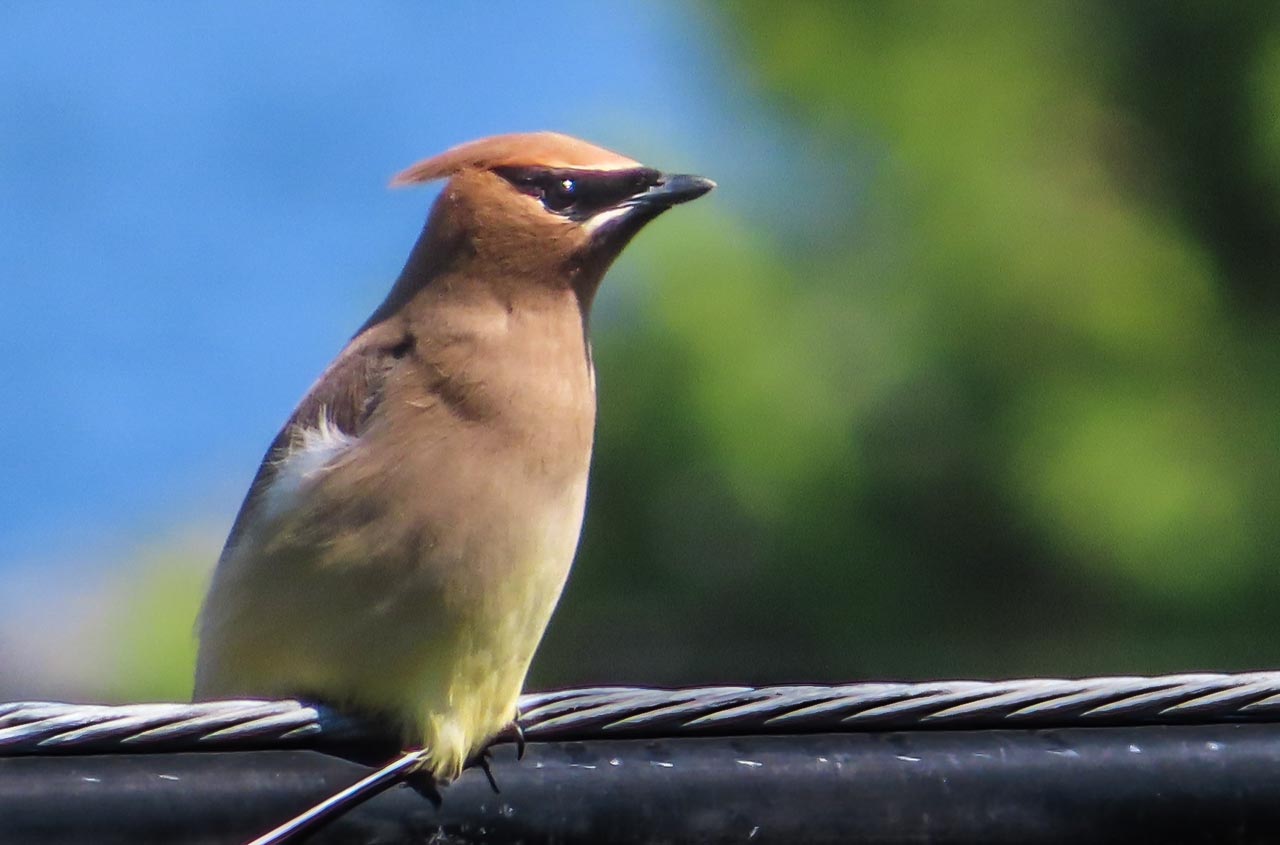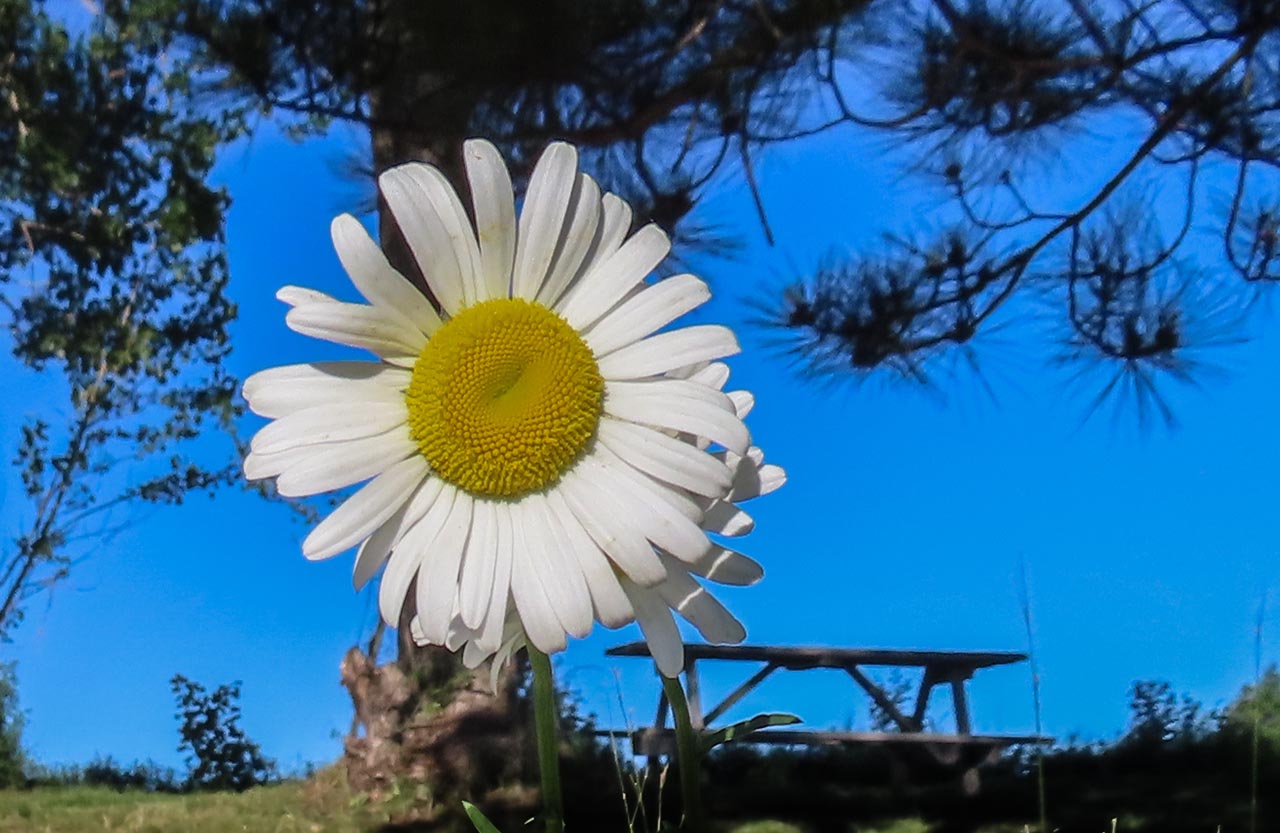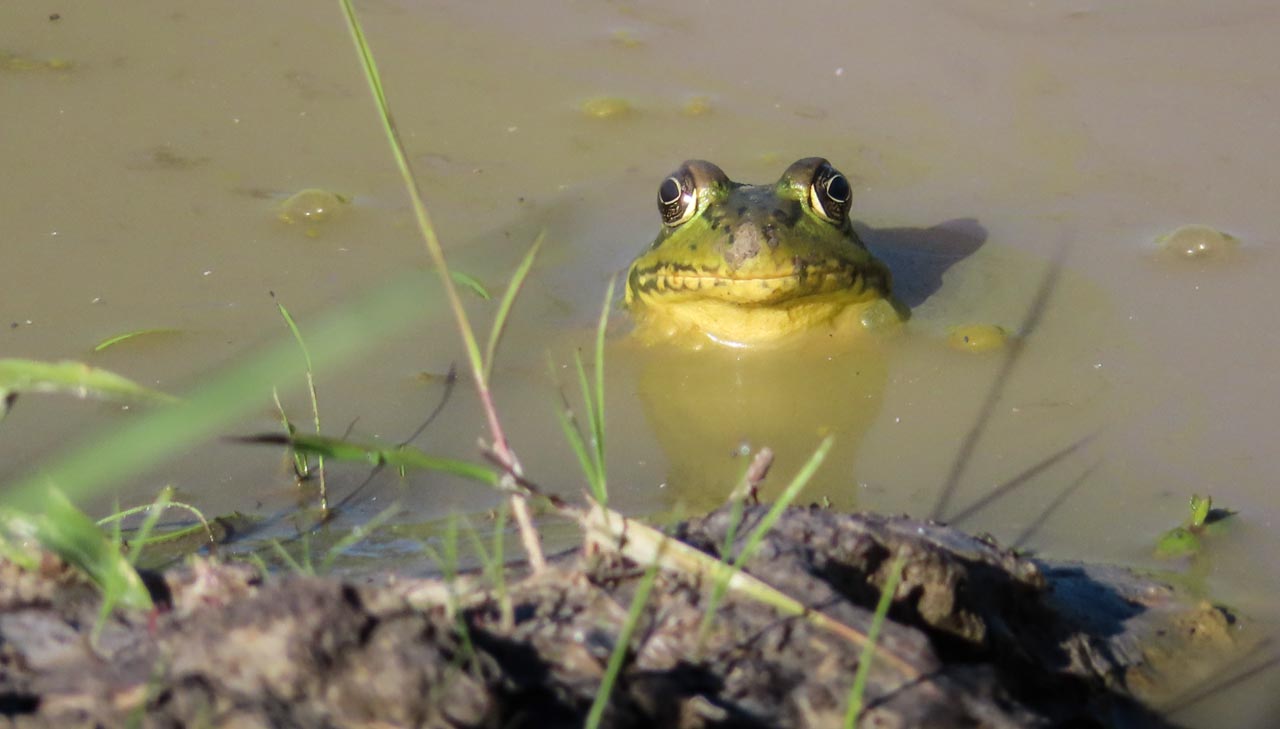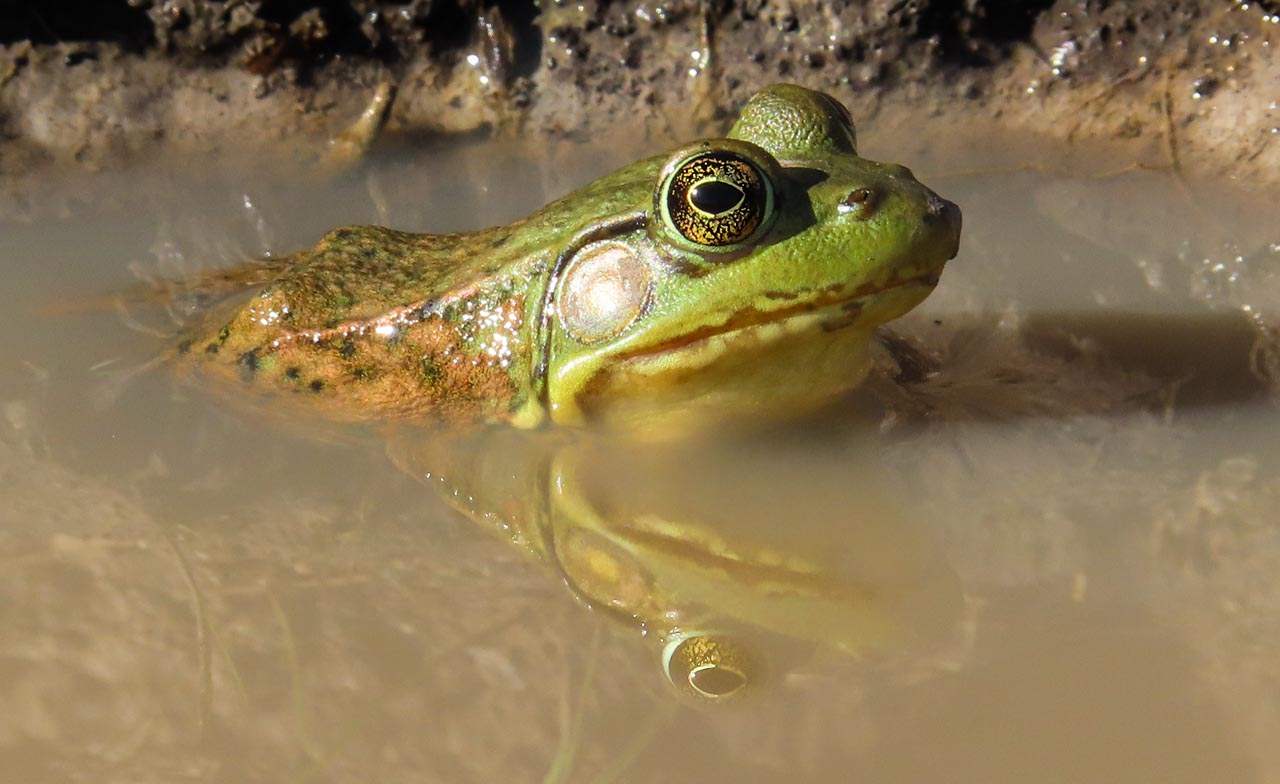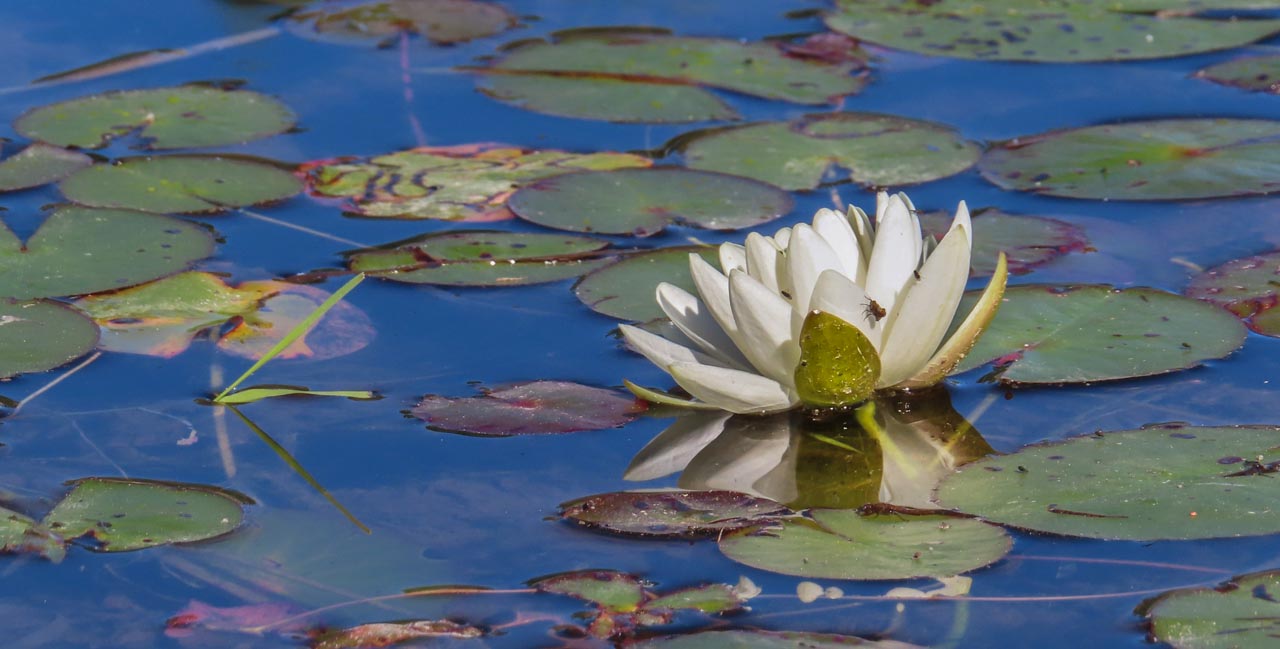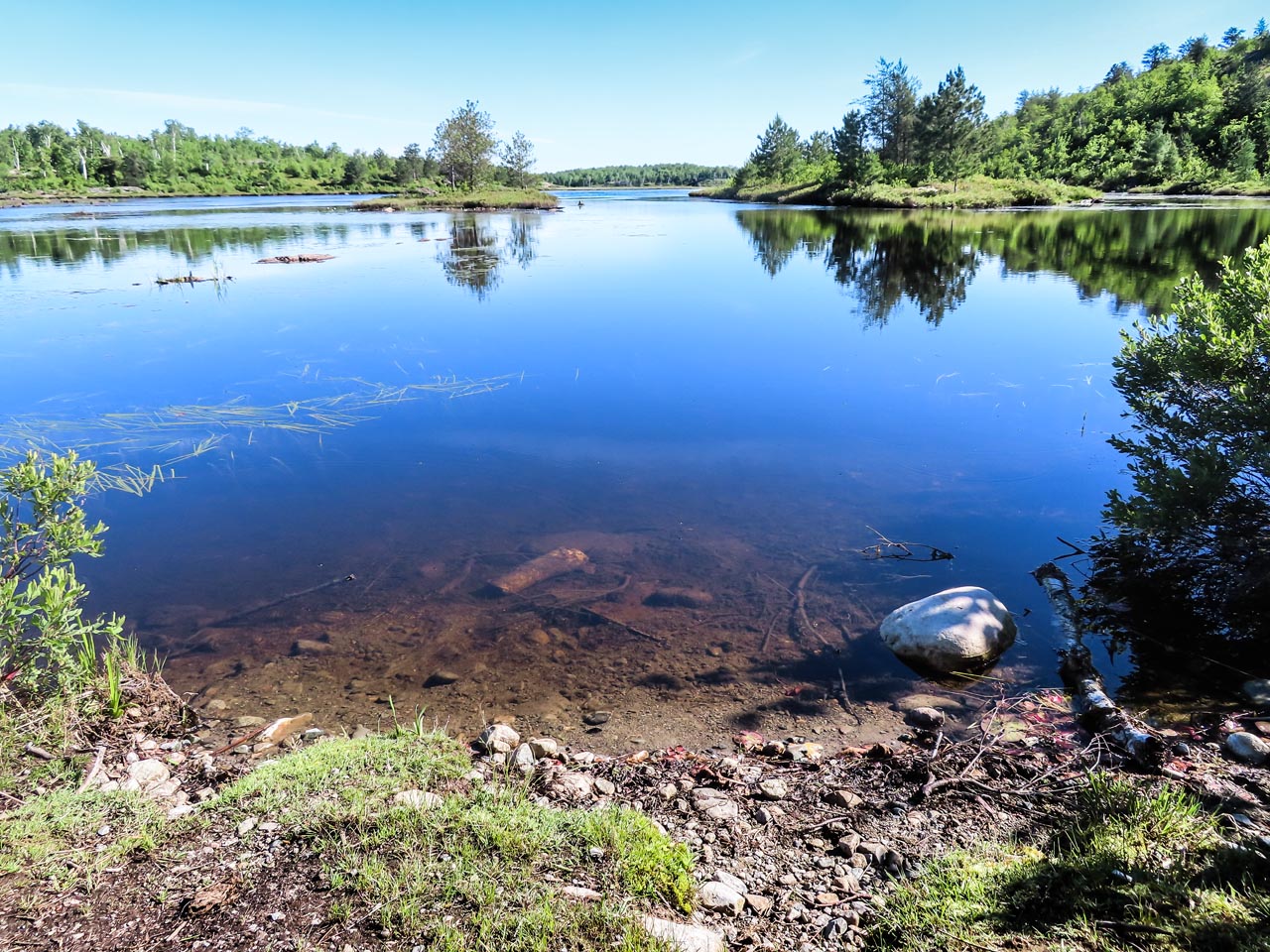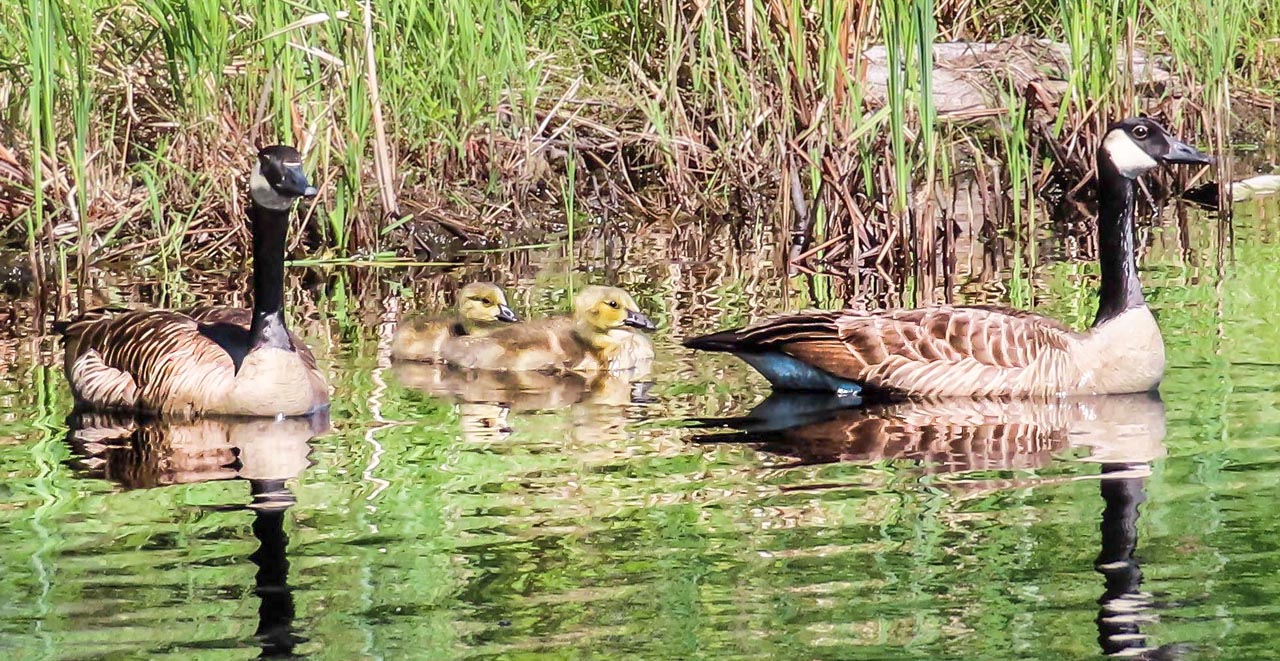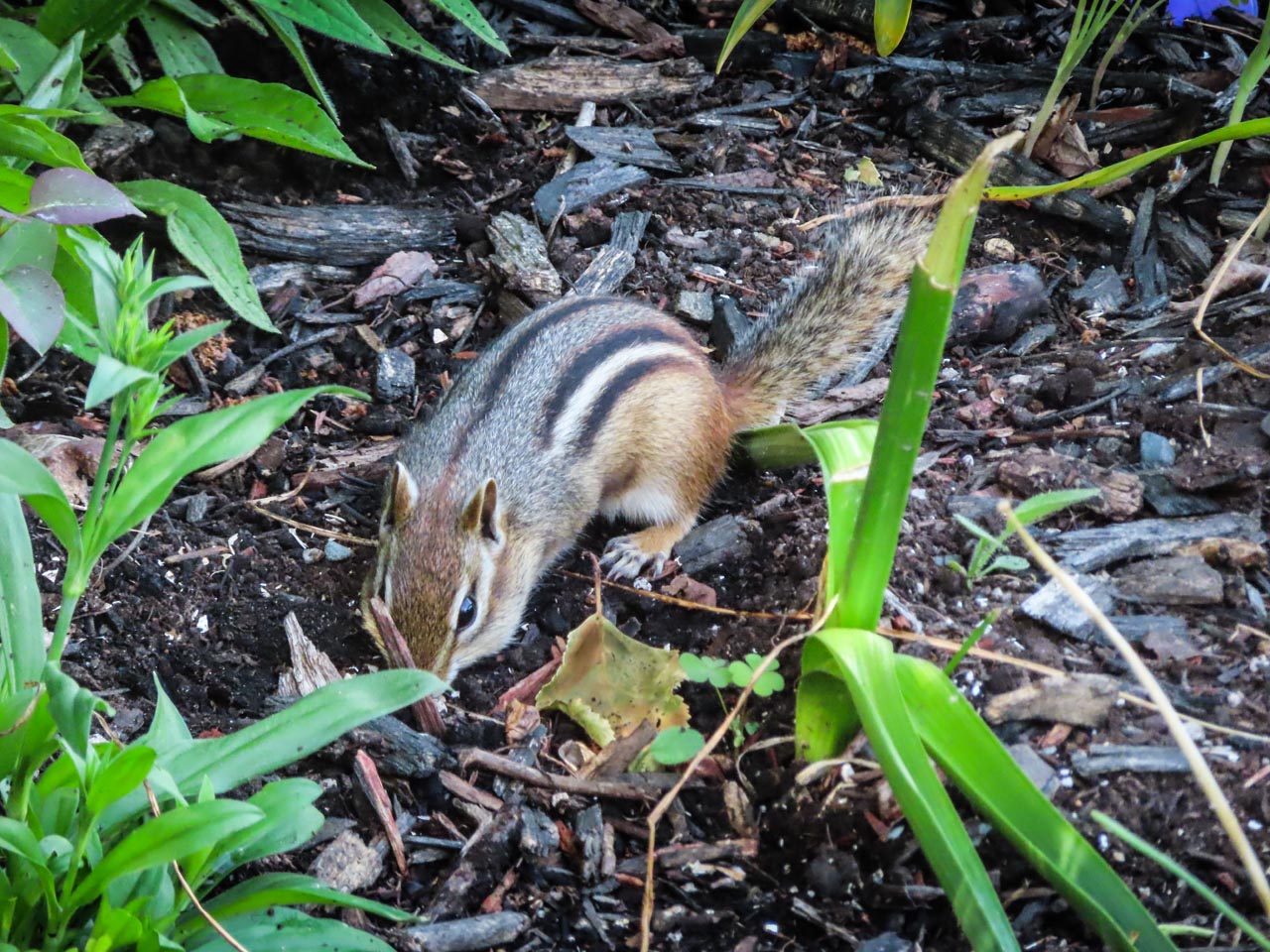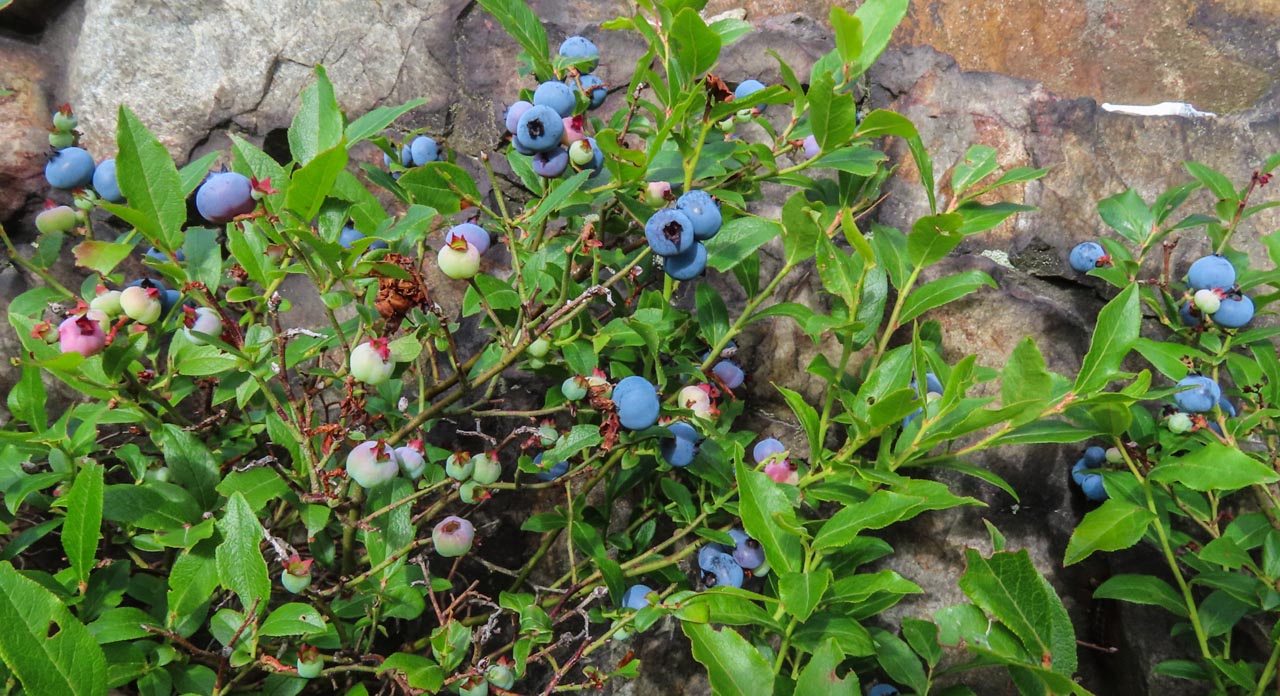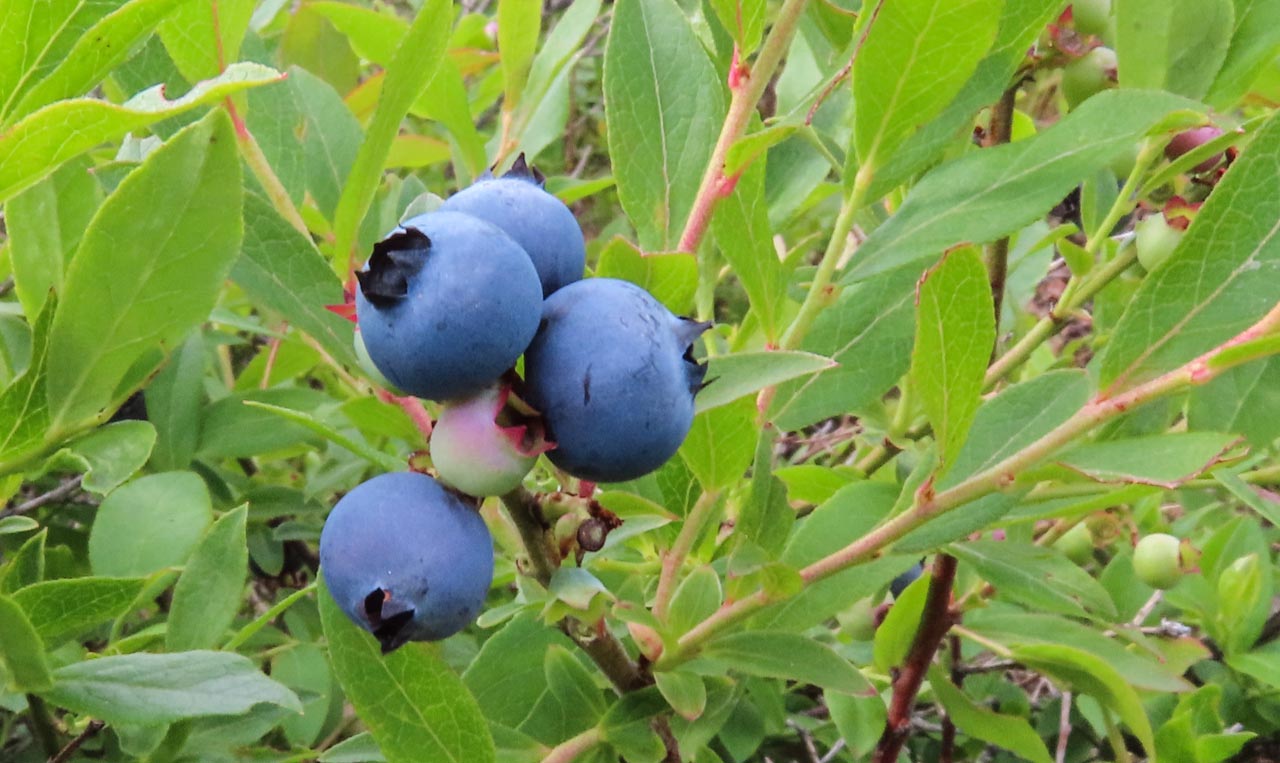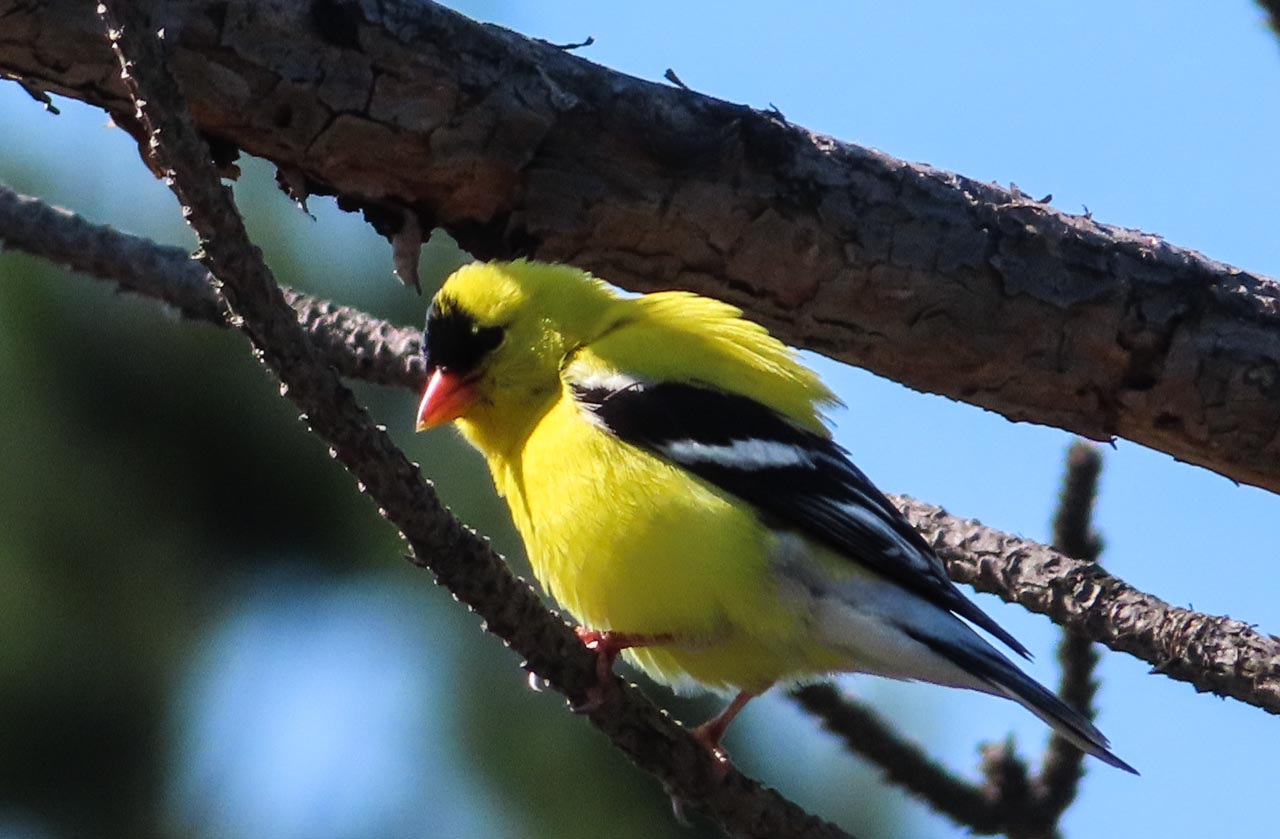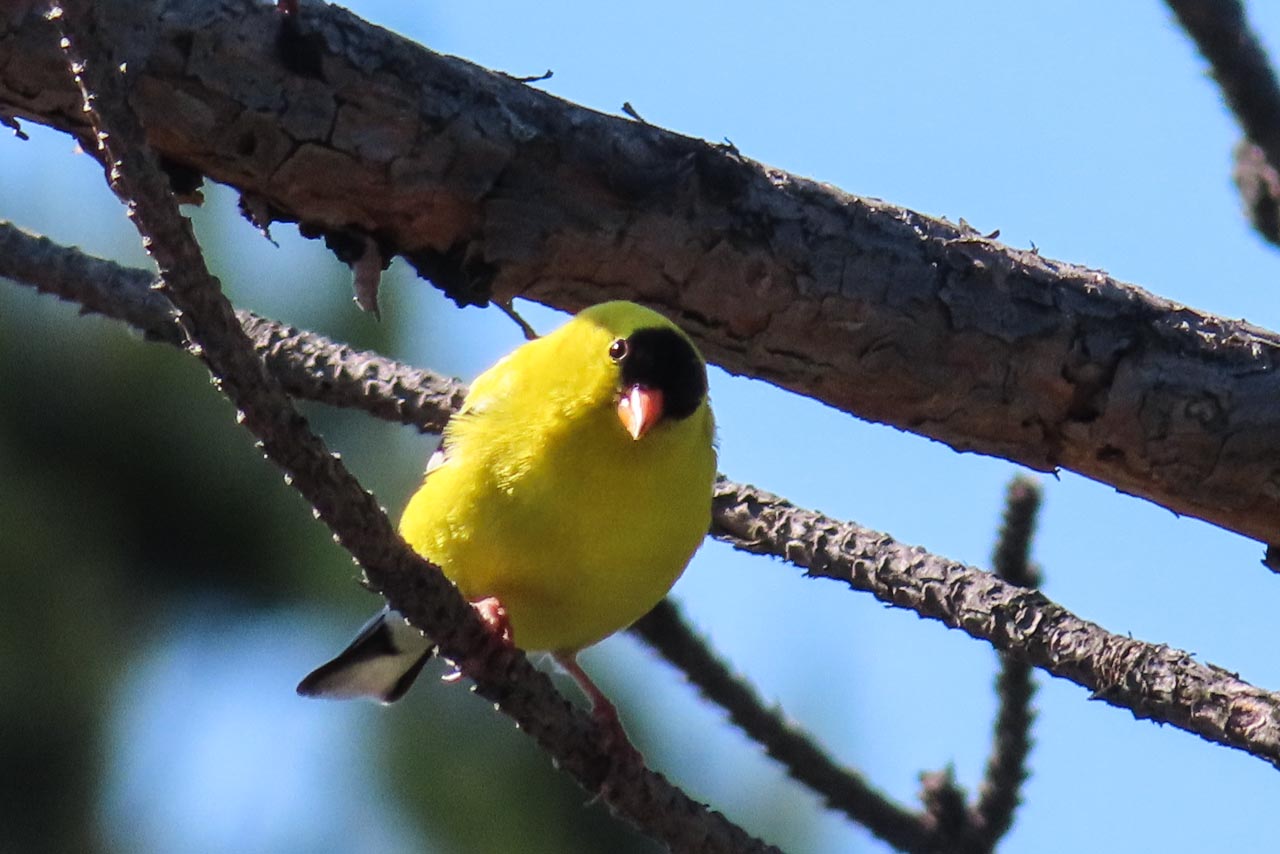| Ancestrally
speaking, there was a lineage of speed and power, the
very core of the heptathlete, that runs through the Junkin
family tree. If genetics are part of this picture, so
too is the cosmic alignment of fate, the nearly unfathomable
collision of destiny and circumstance that would see the
young prodigy encounter just the right support people
at just the right time - on at least three separate occasions.
“I randomly met Dick Moss, maybe
at an elementary school meet,” Junkin suggested.
“I remember setting the grade eight 100m record,
and Dick suggested hurdling. I was also trying rhythmic
gymnastics, and it’s a bit of a convoluted story,
but that helped make me an amazing hurdler because I was
working on my flexibility.”
Even more critical, however, was the added
presence of Julie Alleyn, a national caliber heptathlete
back in the early 1980s who just happened to make her
way to Sudbury just prior to Junkin commencing her high-school
studies. “I got so lucky, because I got the greatest
long-term athlete development, somewhat accidentally,
because of great coaches,” said Junkin.
“I never experienced that burnout.”
What Junkin did experience, during her
time as a Knight, was the best of both worlds.
A nicely diversified training program,
one that would see coach Moss and athlete learning on
parallel paths, would lay the groundwork to a performance
at Junior Nationals that allowed Junkin to don the Canadian
singlet and accompany her compatriots to Holland in her
final year at Lo-Ellen.
Much closer to home, legendary LEP track
mentors Joe Bacon and Doug Gingrich allowed her to graciously
contribute to the team, any way that she could, without
inhibiting the spectrum of workouts that favoured those
seeking to master the 100m hurdles, high jump, shot put,
200m dash, long jump, javelin and 800 metres - all simultaneously.
The environment fit Junkin to a “T”.
“I was always creatively exploring,”
she noted. “Wherever there was somewhere to challenge
myself, I always seemed to be doing that. I was allowed
to do so much, I had so much freedom.”
Even a two year stint at Southeast Missouri
State University in Cape Girardeau (MO), a period which
ultimately would leave Junkin unfulfilled, athletically,
was not without a great deal of benefits and life lessons.
“I don’t regret it at all, partly because
of the cultural experiences - and the academics were good,”
she said.
“There were lots of Canadians on
the team, but there really wasn’t a heptathlon program
at the school.”
And when time came for a change, Junkin
needed to look no further than an acquaintance she had
made in Holland, a Canadian track and field coach who
enjoys legendary status in his home province of Saskatchewan.
“I knew within the first day of
meeting him that he was my coach,” said Junkin.
“I thought my career might be over before I ever
really got started - but Lyle (Sanderson) was my beacon.
Like Dick, like Julie, like everyone I’ve ever connected
with, Lyle could mine the potential, supporting you and
helping you.”
Junkin would spend four years competing
with the University of Saskatchewan Huskies, the final
four years in the career of the coach who was inducted
into both the Canadian Track and Field Hall of Fame, as
well as the Saskatchewan Sports Hall of Fame. Three of
those years, the Huskies women’s team would capture
the national banner.
In the remaining year, 2001-2002, Junkin
would earn a CIAU gold medal, finishing first in the pentathlon
(she was also a part of two gold medal winning relay teams
at U SASK).
“I got so lucky again,” she
said. “I was moving to a culture that was very similar
to what I was accustomed to in Sudbury. I really latched
on to that culture, one that was wide open, with no limits
- anything is possible. It matched my personal freedom.”
In the two decades or so that have ensued
since she last competed, Junkin would come full circle
in Saskatchewan. Her work with Sask Sport would avail
her to countless facets of involvement on the periphery
of athletics in the province that she claimed was the
best thing to ever happen to her.
Teacher, advocate, administrator, and
so much more, Junkin would do it all. Central to that
next phase of her journey was an introduction to yoga,
to mental training, along with a friendship and partnership
with Patricia Dewar - “my Lyle of yoga”, as
she affectionately dubbed her.
“I got so lucky in sport, I got
so lucky academically, and then I got so lucky spiritually,”
said Junkin. And when she realized that “her life
was no longer aligned, that she needed to let go and recalibrate”,
it was time to head home, returning to Ontario.
“I chose a sabbatical that’s
turned out to be a little more permanent than expected,”
she said. The pandemic has caused many to reevaluate their
path in life. Junkin simply began that process a little
earlier. The end goal is not yet clear, as the northern
product contemplates life after life after sport.
“I was guided to choose this,”
she said. “I’m meant to keep exploring.”
|










219.jpg)


